In the heart of Southeast Asia, Kuala Lumpur stands as a beacon of technological advancement and innovation. As the capital city of Malaysia, Kuala Lumpur is not only a bustling metropolis but also a burgeoning hub for deep learning initiatives. With a growing emphasis on harnessing the power of artificial intelligence (AI) to drive economic growth and societal progress, Kuala Lumpur's AI frontier is ripe with potential and opportunity. Let's delve into the world of deep learning Kuala Lumpur and uncover the initiatives shaping the city's technological landscape.
Deep learning Kuala Lumpur is revolutionizing industries across the board, from finance and healthcare to transportation and education. At its core, deep learning involves training neural networks to recognize patterns and make predictions based on vast amounts of data. This technology has far-reaching implications, enabling businesses to automate processes, gain insights, and deliver personalized experiences to customers.
One of the key drivers of deep learning in Kuala Lumpur is the government's commitment to fostering a conducive environment for technological innovation. Through initiatives like the National Artificial Intelligence Framework and the Malaysia Digital Economy Blueprint, the government is paving the way for the widespread adoption of AI across various sectors. By providing funding, infrastructure, and regulatory support, policymakers are catalyzing the growth of deep learning initiatives and positioning Kuala Lumpur as a regional leader in AI innovation.
Moreover, Kuala Lumpur's vibrant startup ecosystem is playing a pivotal role in driving deep learning initiatives forward. From AI-driven startups to corporate innovation labs, entrepreneurs and innovators are leveraging cutting-edge technologies to develop solutions that address real-world challenges. Whether it's enhancing customer experiences, optimizing supply chains, or improving healthcare outcomes, deep learning is at the forefront of innovation in Kuala Lumpur's startup scene.
In the finance sector, for example, deep learning algorithms are being used to detect fraudulent transactions, assess credit risk, and optimize investment portfolios. By analyzing vast amounts of financial data, these algorithms can identify patterns and anomalies that may not be apparent to human analysts, thereby reducing fraud and enhancing decision-making processes.
Similarly, in the healthcare industry, deep learning Kuala Lumpur is revolutionizing medical diagnostics, drug discovery, and patient care. By analyzing medical images, genomic data, and electronic health records, deep learning algorithms can assist healthcare providers in diagnosing diseases, personalizing treatment plans, and predicting patient outcomes. This has the potential to improve the efficiency and effectiveness of healthcare delivery, ultimately leading to better patient outcomes and reduced healthcare costs.
Furthermore, Kuala Lumpur's academic institutions and research organizations are actively engaged in advancing the field of deep learning through cutting-edge research and collaboration. By bringing together experts from diverse disciplines, these institutions are pushing the boundaries of what's possible in AI and driving innovation in areas such as computer vision, natural language processing, and reinforcement learning.

















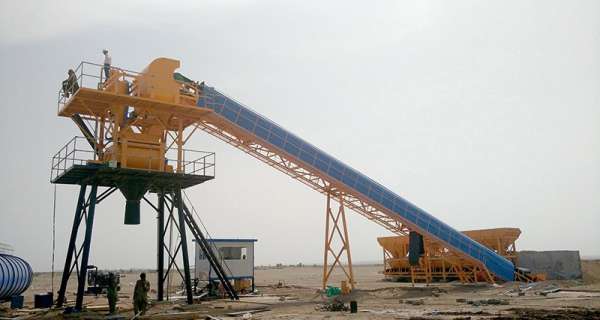


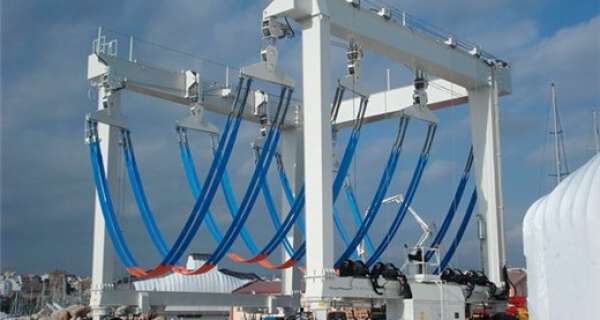
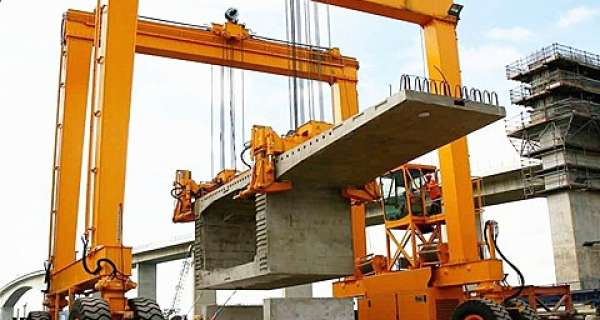









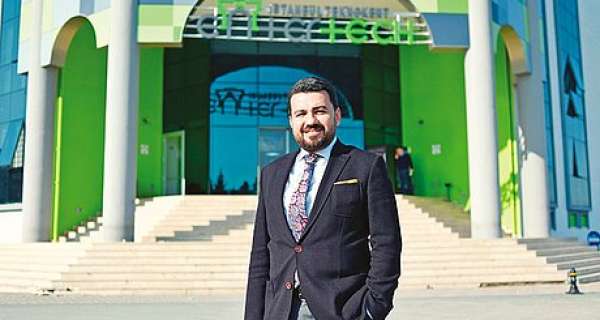
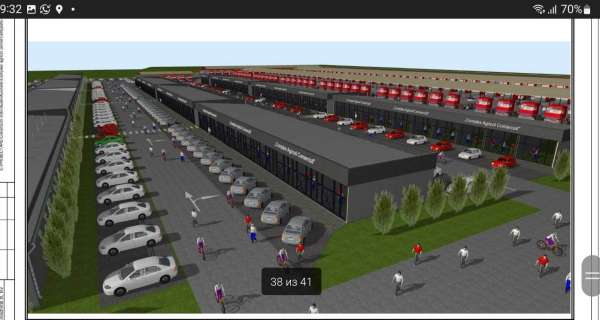
0 Comments